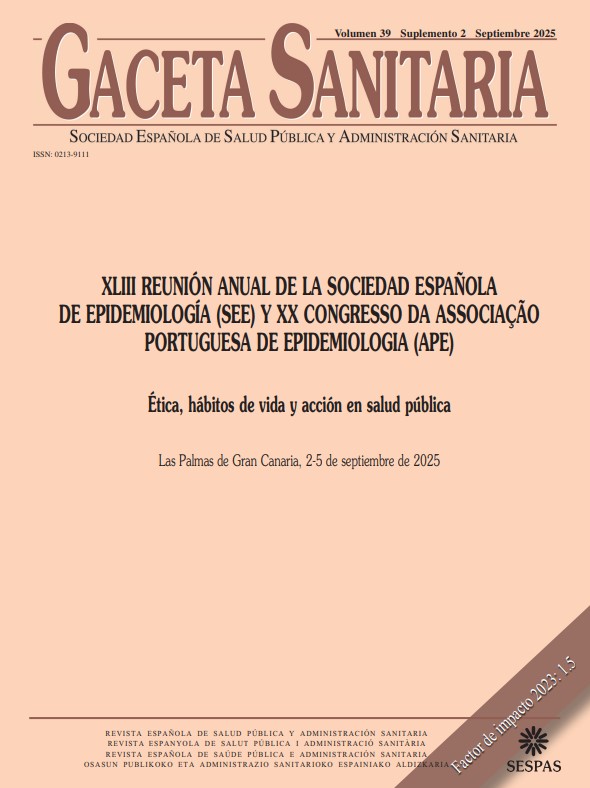527 - EXPLORING THE HEALTH SYSTEM RESPONSE TO THE COVID-19 PANDEMIC IN COCHABAMBA, BOLIVIA: A QUALITATIVE STUDY WITH POLICYMAKERS AND MANAGERS
Department of Epidemiology and Global Health, Umea University; Biomedical and Social Research Institute, "Aurelio Melean" Medical School, San Simon University.
Background/Objectives: Health system managers and policymakers were critical in shaping response strategies, allocating resources, and guiding healthcare delivery during the COVID-19 pandemic. However, few studies have explored their perspectives on the health system’s response in Latin America. This study aimed to examine the health system response to the COVID-19 pandemic in Cochabamba, Bolivia, from their viewpoint.
Methods: We conducted a qualitative study using semi-structured interviews with 10 health system managers and policymakers responsible for the pandemic response. Reflexive thematic analysis guided identifying, organizing, and interpreting themes within the data.
Results: The COVID-19 pandemic exposed and intensified pre-existing vulnerabilities within the health system sectors. Political instability and centralized decision-making delayed the response, increased public unrest, and hindered resource mobilization. Fragmented governance structures and inadequate coordination between the public, private, and social security sectors further weakened the system’s capacity. Health services, already strained before the pandemic, faced critical personnel, equipment, and infrastructure shortages. Stay-at-home regulations, short-term staffing policies, and financial barriers exacerbated these challenges. However, innovations such as telemedicine and non-conventional care delivery helped mitigate gaps in service provision.
Conclusions/Recommendations: Our findings highlight how governance weaknesses, human resource limitations, and structural service delivery fragmentation constrain the health system’s ability to respond effectively to emergencies. Addressing these challenges requires strengthening intersectoral coordination, improving workforce sustainability, and investing in future public health emergency preparation. Prioritizing flexible governance, equitable human resource allocation, and integrated service delivery to enhance system resilience.
Funding: Swedish International Development Agency: SE-0-SE-6-13486.















